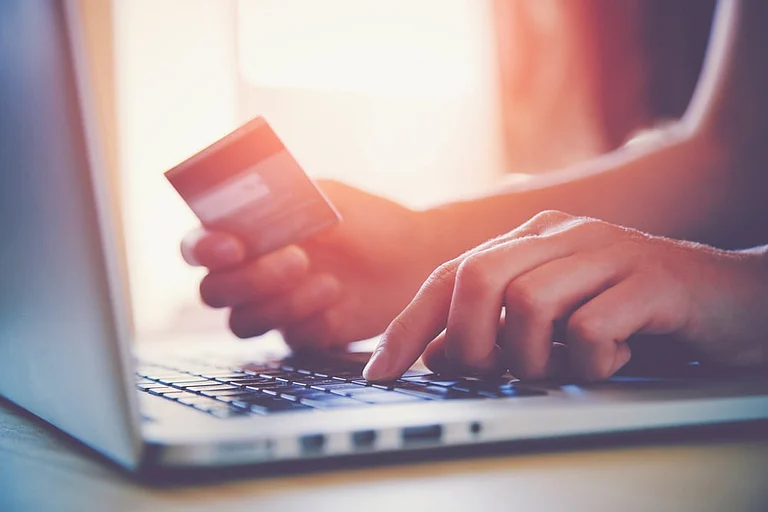Cashbacks have become the buzzword of today’s shopping and spending culture. Whether one shops for groceries, books an online ticket, or gears up for travel, people love getting some money back on their spending. But are cashbacks actually rewarding or are they making you spend more than you should? Let’s debunk how cashbacks work, their psychological impact, and whether it is helping or harming your overall finances.
How Do Cashbacks Work?
Cashbacks are a kind of reward where a fraction of your spending is refunded to you. Credit cards, payment apps, and e-commerce platforms often use cashbacks to attract customers.
For instance, if you spent Rs 5,000 and had a 5 per cent cashback, then Rs 250 will be credited back into your account. While this appears to be a win-win situation, cashbacks are used by companies as a marketing stra
The Hidden Costs Of Chasing Cashbacks
Here are some of the hidden costs of chasing cashbacks.
Spending More Than Necessary: Cashbacks also tend to attract users to spend money on things they do not require, or, increase their overall expenditure just to qualify for the reward.
For instance, an offer can have a minimum requirement of Rs 2,000 to get a cashback of Rs 200. People then end up purchasing unwanted things in order to fulfil the minimum requirement for availing of the cashback, and end up overspending for the same.
Inducing Debt: If you use credit cards for cashback offers but do not pay the full balance on time, the interest you incur can easily outweigh any cashback benefit. For instance, a cashback of Rs 300 would be rendered useless if you end up paying Rs 500 in interest for revolving your credit.
Hidden Terms And Conditions: The terms usually involve specific usage limits, validity periods, or a tie-up with select merchants. You might miss the reward entirely if you miss reading the fine print.
Opportunity Cost: The amount of time and effort you put to scour for cashback deals or optimising purchases can be put to more constructive pursuits. Pursuing low-value rewards might divert your attention from other important long-term goals, such as saving and investing.
Cashbacks stimulate our brain’s reward system. This makes the act of spending more pleasurable. We feel a sense of victory every time we get a cashback, making us want to do it spend again. Moreover, the illusion of saving money often leads us to justify our impulsive purchases. A Rs 500 discount or a cashback on a Rs 5,000 item still means we are spending Rs 4,500—money that could have been otherwise saved.
Are Cashbacks Ever Worth It?
While cashbacks can lead to overspending, they are not inherently bad. Here are some ways to make them work in your favour.
Stay On Budget: Spend cashback offers only on pre-planned expenses, such as grocery bills, fuel, or utility payments. Do not misuse the opportunity by spending more.
Clear Credit Card Dues: If you are using credit cards for cashback benefits, then you should clear your dues on time to refrain from the interest charged by credit card companies.
Cashbacks With No Strings Attached: Select cashbacks that don’t come with the strings of having to spend more money, such as flat discounts or rewards on purchases made normally.
Monitoring Your Spending: Pay attention to how much you spend in order to receive rewards. If you see yourself overspending, it might be time to change your strategy.
How Companies Profit From Cashbacks
Data Collection: Cashback offers often demand that users make payments through certain apps or platforms, allowing companies to monitor spending habits and gather precious consumer data.
Loyalty Promotion: Cashback on repeated purchases keeps customers attached to a particular brand or service. For instance, some apps use cashbacks to ensure customers keep using their platforms.
Promoting Credit Card Spending: Credit card issuers promote spending by offering cashback to earn more on transaction fees and interest from unpaid balances.
Cashbacks can be a good tool for saving money, but only if used judiciously. They should enhance your financial discipline, not control it. Before you go for a reward, ask yourself: Would you have made this purchase if there were no cashback?











